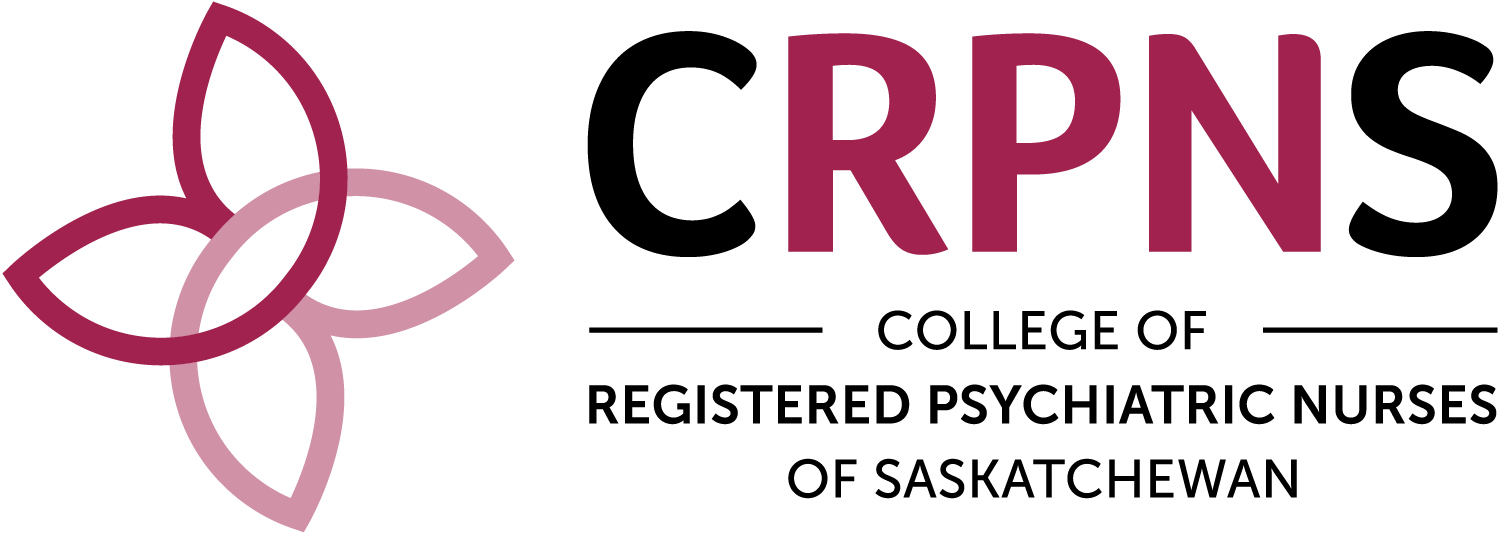About Registered Psychiatric Nurses (RPNs)
About the Profession
Psychiatric nursing is a distinct field. The core knowledge and skills of psychiatric nursing are
developed from the nursing, psycho-social, biological and physical sciences. The basis of psychiatric nursing is a caring, therapeutic relationship with others.
Caring includes empathy, acknowledgement of the uniqueness of the individual, a non-judgemental attitude, respect for the rights, beliefs and values of others; and a willingness to share, learn and grow. Psychiatric nursing focuses on the influence of psycho-social forces on health with a committment to the promotion, restoration and maintenance of optimal health.
About RPNs
With specialized education and unique knowledge base, Registered Psychiatric Nurses (RPNs) address the mental, physical, developmental, and emotional health of individuals, families, groups, communities, and populations.
The registered psychiatric nurse is a graduate of a recognized and approved post-secondary education program who has met all the requirements for registration and licensure. Professional status is established by legislation and is administered by the College of Registered Psychiatric Nurses of Saskatchewan. British Columbia, Alberta, Manitoba, Northwest Territories, and Nunavut have comparable requirements and professional bodies. There are over 6,000 registered psychiatric nurses in Western Canada.
What RPNS Do
RPNs work with clients whose primary care needs relate to mental health, substance use, and neurodevelopmental disorders.
RPNs are educated to understand the complex relationship between emotional, developmental, physical, and mental health and the role that social factors, culture, and spirituality play in health, illness, and recovery.
RPNs use highly developed professional skills to:
- understand the client’s holistic needs and the psychiatric nurse’s own reaction to the client’s behaviour.
- therapeutically engage with the client to promote, maintain, and restore health and mental health.
What RPNs do day to day depends on where they work.
Where RPNs work
Using their foundational educational preparation and experience, registered psychiatric nurses can be employed in a wide range of services and programs. A variety of agencies and community-based programs use the unique combination of nursing and psycho-social skills possessed by the registered psychiatric nurse.
RPNs work in the following areas of practise and employment:
- Acute care hospitals and clinics
- Child and adolescent treatment programs
- Long term psychiatric facilities
- Crisis teams and suicide prevention
- Community mental health programs
- Institutional and community-based corrections
- Palliative care
- Forensics
- Private practice, family therapy and family programs
- Substance use programs
- Long term care, geriatric facilities, and home care
- Residential and community counselling programs
- Day programs for children, adults, and older adults
- Child and youth services and centres
- School mental health programs
- Community outreach
- Employee assistance programs
- Education programs
